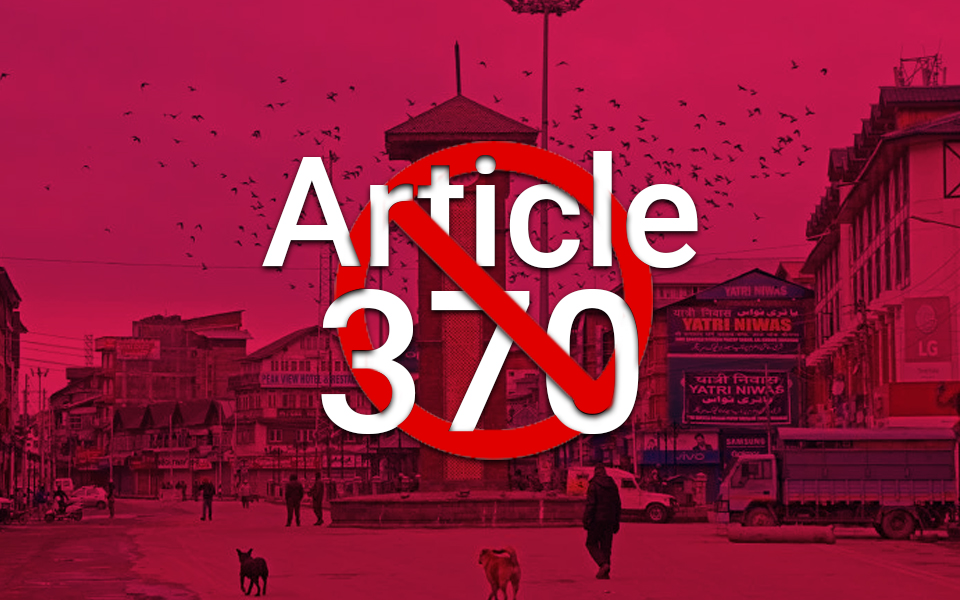
Art 370 abrogation: Sibal to appear for DPAP as SC begins hearing pleas from Aug 2

The Supreme Court will begin day-to-day hearing from August 2 on a batch of petitions challenging the abrogation of Article 370 in Jammu and Kashmir, and senior lawyer Kapil Sibal will appear on behalf of the Democratic Progressive Azad Party (DPAP).
Article 370 bestowed special status on the erstwhile state that has now turned into a Union Territory.
“Nothing changed”
A five-judge Constitution Bench headed by Chief Justice DY Chandrachud fixed July 27 as the deadline for filing of written submissions and convenience compilations by different parties.
“We requested senior lawyer Kapil Sibal to appear for the hearings on Article 370 and he has graciously agreed,” said Salman Nizami, the chief spokesperson of DPAP, which is headed by Ghulam Nabi Azad.
Also read: Article 370 case: Shah Faesal, Shehla Rashid seek to withdraw names from petitioners’ list
“Nothing has changed after the revocation of Article 370. Kudos to Ghulam Nabi Azad for his unwavering dedication in raising this important issue,” he added.
In 2019, the Centre stripped Jammu and Kashmir of its special status and bifurcated it into two Union Territories, the other being Ladakh. Several petitions challenging the action of abrogating the provisions of Article 370 and the Jammu and Kashmir Reorganisation Act, 2019, have been filed in the top court.
Power problems
The DPAP also expressed its resentment against power outages and the installation of smart meters and demanded a reduction in power tariffs. GM Saroori, the party’s vice-president, said the poor have to bear the brunt of anti-people policies.
“Prices of essential commodities are touching the sky; power tariffs are breaking the back of the poor. We have several power projects in Jammu and Kashmir that have the capacity to generate power for other parts of the country. We even have power projects in Ladakh. The country is getting its power supply from Jammu and Kashmir,” he said.
Also read: Mehbooba Mufti: Demolition drive showed how Article 370 ‘protected’ J&K
“It was promised that consumers in Jammu and Kashmir would get power at lower rates than the rest of the country because of these projects,” he said.
Saroori claimed that the monthly power bills have gone up from Rs 1,000 to Rs 10,000. Prolonged unscheduled power cuts — lasting between eight and 10 hours a day — are causing suffering for the people. “We demand that smart meters should not be installed, and the tariff be reduced,” he said.
(With agency inputs)

